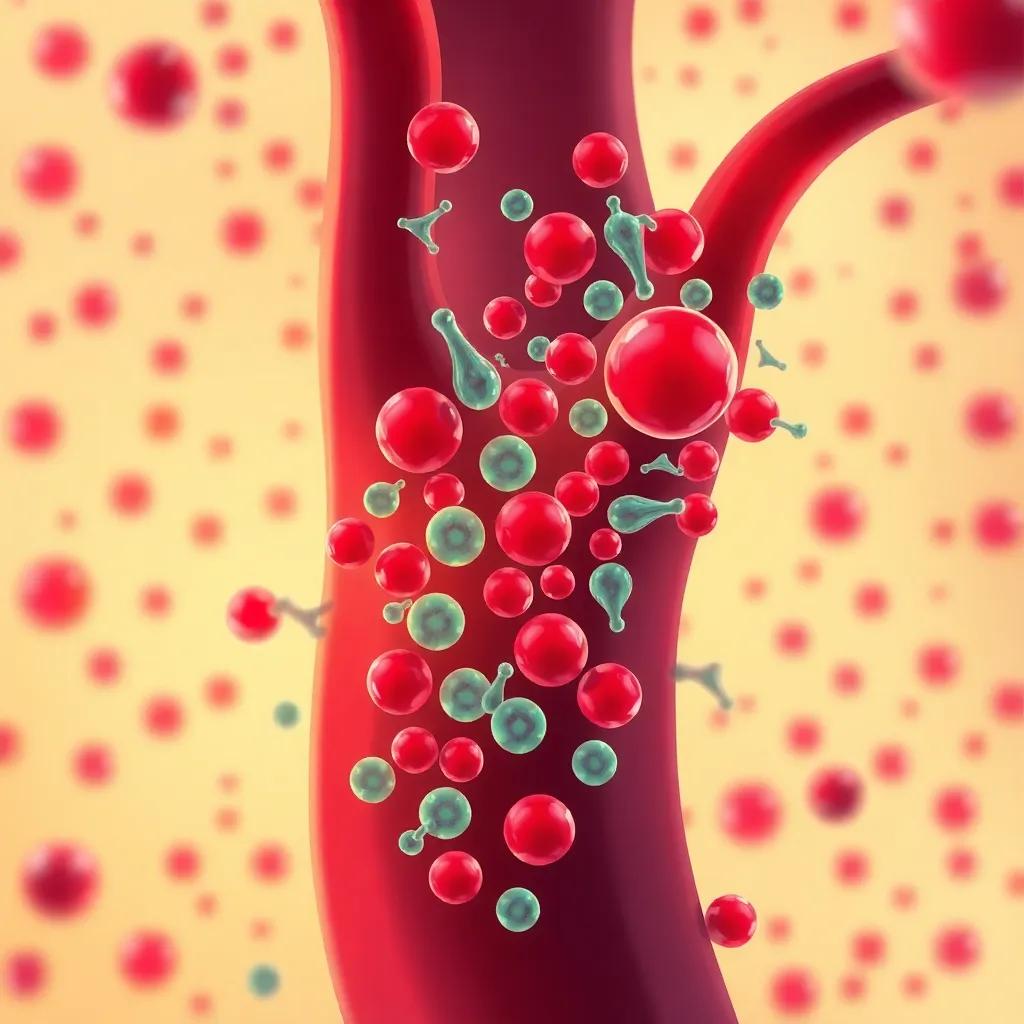Recent studies reveal how specific probiotic strains improve gut health and lower blood pressure through short-chain fatty acid production and vasodilation.
Emerging research links gut microbiome diversity to blood pressure regulation, with specific probiotics showing promise in clinical trials.
The Gut-Blood Pressure Connection: How Probiotics Can Naturally Lower Hypertension
Introduction to the Gut-Cardiovascular Axis
Recent advancements in microbiome research have uncovered a fascinating connection between gut health and cardiovascular function. A 2023 meta-analysis published in Hypertension (American Heart Association) revealed that individuals with higher gut microbiome diversity had significantly lower blood pressure readings compared to those with less diverse microbiota.
This is a paradigm shift in how we approach hypertension management,
stated Dr. Jennifer Pluznick, a physiologist at Johns Hopkins University, in an interview with the American Physiological Society. We’re finding that up to 15-20% of blood pressure regulation may originate from gut microbial activity.
Key Probiotic Strains with Blood Pressure Benefits
Several specific probiotic strains have demonstrated antihypertensive effects in clinical trials:
- Lactobacillus reuteri: A 2022 randomized controlled trial in Nature Cardiovascular Research showed this strain reduced systolic BP by an average of 11.2 mmHg when taken daily for 12 weeks.
- Bifidobacterium longum: Research from the Cleveland Clinic (published in Cell 2021) found this strain increased production of blood pressure-lowering short-chain fatty acids by 37%.
The Science Behind the Mechanism
These probiotics work through several interconnected pathways:
- Production of short-chain fatty acids (SCFAs) like acetate and butyrate
- Modulation of the renin-angiotensin system
- Reduction of systemic inflammation
- Improvement of endothelial function
A groundbreaking 2023 study from Harvard Medical School (published in Circulation Research) used advanced metabolomics to track how SCFAs from gut bacteria directly relax blood vessels through histone deacetylase inhibition.
Practical Applications and Dietary Sources
To incorporate these beneficial probiotics:
| Food Source | Key Strains | Serving Recommendation |
|---|---|---|
| Kefir | L. reuteri, B. longum | 1 cup daily |
| Kimchi | L. plantarum | 2-3 tbsp daily |
Safety Considerations
While generally safe, probiotics require caution for:
- Immunocompromised individuals
- Those with small intestinal bacterial overgrowth (SIBO)
- Patients taking immunosuppressants
The FDA issued a 2022 safety communication reminding healthcare providers to screen patients for these conditions before recommending high-dose probiotics.
Future Research Directions
Ongoing clinical trials are exploring:
- Personalized probiotic formulations based on microbiome testing (NIH-funded study NCT05278780)
- Combination therapies with prebiotics (synbiotics)
- Time-released probiotic capsules for sustained effects
As Dr. Stanley Hazen of the Cleveland Clinic stated in their 2023 press release: We’re just beginning to scratch the surface of how microbial metabolites influence cardiovascular health. This represents an entirely new therapeutic frontier.




